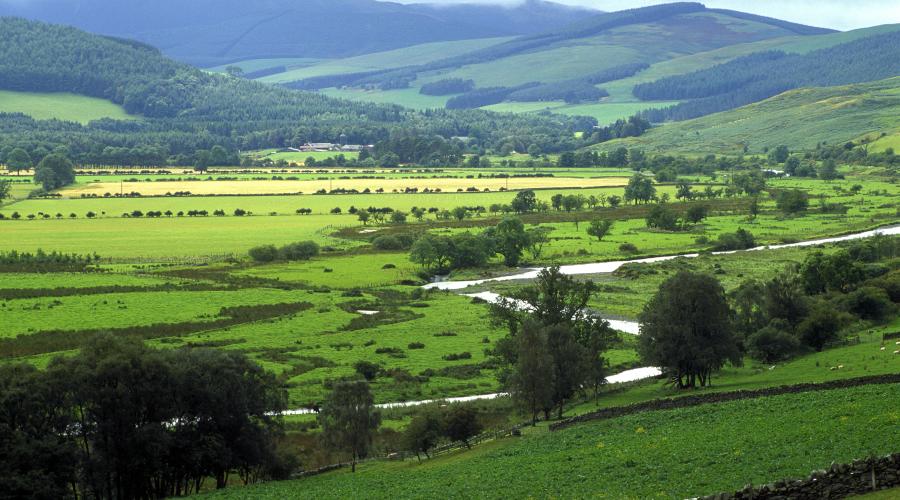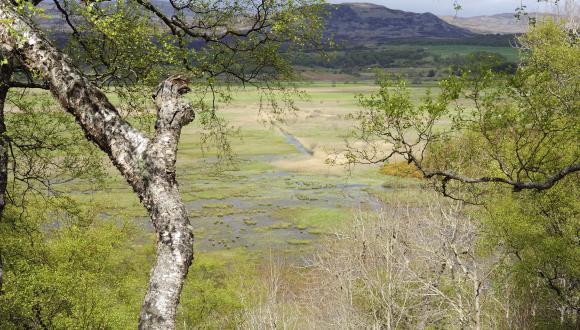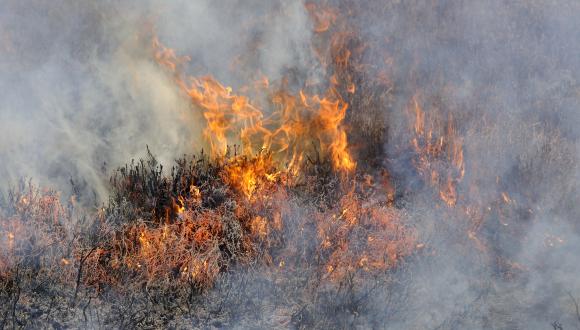
First of its kind business project invests in nature's future
7 October 2020
A project with potential to significantly increase business investment in Scotland’s natural capital as part of our ‘green recovery’ from COVID-19, has launched in the Scottish Borders.
The pilot will kick off with work with environmental charity Tweed Forum on practical ways that business and other organisations can invest in nature and help tackle climate change.
A key focus for the Forum will be flood management – an important issue for many local people – and understanding the kind of investment that could benefit the community. The natural capital project aims to show how investing in nature can happen in ways that bring returns for business as well as for nature and communities, particularly at regional level.
Scotland’s natural capital is worth at least £196bn, supporting 240,000 jobs. Much of this value is generated by the country’s nature and rural landscapes. Growth sectors such as tourism, and food and drink are heavily dependent on a high-quality natural environment that can be placed at risk from the dual threat of climate change and biodiversity loss.
Mary Christie, NatureScot’s Natural Capital Manager, said:
“We need a strong economic recovery from the Covid-19 pandemic, but our recovery has to have a strong environmental component to safeguard us into the future. Climate change and biodiversity loss are a huge threat to our economy, which depends on natural resources like healthy soils and diverse landscapes. By investing in Scotland’s natural capital, we have a better chance of hitting net zero carbon targets, reversing biodiversity decline and building resilience.
“More and more organisations are investing in green finance, as businesses realise a healthy natural environment is essential for business. Nature can help improve our health, lower atmospheric carbon, reduce the risks of flooding and drought, improve air quality, and buffer us against pests, diseases and pathogens.”
Luke Comins, Director of Tweed Forum, added:
“We are delighted to be involved in this important project. As public funding for protecting and enhancing our natural assets gets tighter, we have increasingly been seeking to blend public with private finance to carry out our work in the Tweed catchment. Whilst we have some success with carbon and biodiversity offsets, we are keen to explore new relationships and business cases. We very much hope the lessons learnt here can be transferred to other areas and scaled up.”





